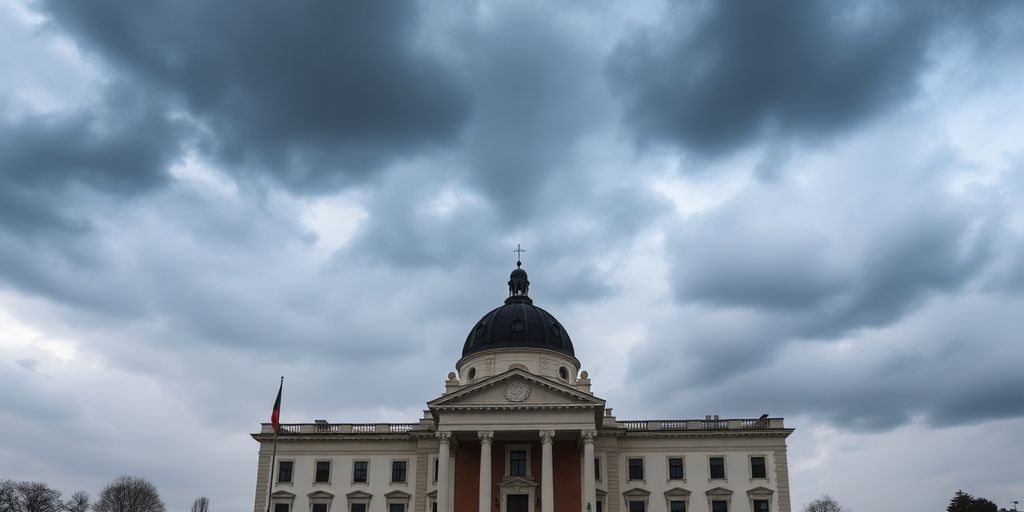Croatia is facing significant scrutiny regarding its adherence to the rule of law, particularly following a recent decision by the European Public Prosecutor’s Office (EPPO) to relinquish a high-profile corruption case to national authorities. This decision has raised alarms about the integrity of judicial processes in the country.
Key Takeaways
- The EPPO has raised concerns about systemic rule of law violations in Croatia.
- A high-profile corruption case involving a former health minister has been allocated to Croatian authorities instead of EU prosecutors.
- The decision has sparked criticism regarding the impartiality and effectiveness of Croatia’s judicial system.
Background Of The Case
The EPPO has been investigating a criminal association involving eight Croatian citizens and two companies, focusing on corruption related to EU-funded projects, particularly those under the "NextGenerationEU" fund. The investigation has revealed serious allegations of active and passive corruption, abuse of authority, and money laundering, with activities spanning from June 2022 to November 2024.
On November 15, 2024, the EPPO learned that Croatia’s Office for Suppression of Corruption and Organised Crime (USKOK) had initiated its own investigation into the same suspects. This prompted the EPPO to formally request to take over the case, citing a conflict of competence.
Conflict Of Competence
The Croatian State Attorney General intervened, deciding that USKOK would handle the case. The EPPO expressed strong disagreement with this decision, highlighting several key issues:
- The State Attorney General’s role in resolving conflicts of competence contradicts EU law.
- The decision was made without allowing the EPPO to present its position, undermining impartiality.
- USKOK failed to report its investigation into an EU-funded project, violating obligations under the EPPO Regulation.
Implications For The Rule Of Law
The EPPO’s decision to relinquish its investigation has raised serious concerns about Croatia’s commitment to upholding the rule of law. The European Chief Prosecutor has formally addressed the European Commission, emphasizing the systemic challenges Croatia faces in this regard. The implications of this situation are profound, as they not only affect the integrity of the judicial process in Croatia but also have potential repercussions for the country’s relationship with the European Union.
Political Repercussions
The fallout from this case has already begun to manifest politically. Health Minister Vili Beros was dismissed following a raid on his home by USKOK, which led to his arrest over allegations of corruption. The case involves accusations that a criminal group sought to secure financing for medical contracts through bribery, impacting both the Croatian budget and EU funds.
The decision to allocate the case to USKOK rather than the EPPO has been met with criticism, as it raises questions about the effectiveness of national authorities in handling high-profile corruption cases. The EPPO’s concerns about the integrity of the judicial process in Croatia could lead to increased scrutiny from EU institutions and may affect future funding and cooperation.
Conclusion
As Croatia navigates these challenges, the focus will remain on the country’s ability to uphold the rule of law and ensure accountability in governance. The ongoing investigations and the response from both national and EU authorities will be critical in determining the future of Croatia’s judicial integrity and its standing within the European Union.
Sources
- EPPO raises concerns over rule of law violations in Croatia following conflict of competence decision | European Public Prosecutor’s Office, European Public Prosecutor’s Office.
- EU prosecutors warn of rule of law breaches in Croatia – Euractiv, Euractiv.
- High-profile corruption case allocated to Croatian instead of EU prosecutors | Reuters, Reuters.






